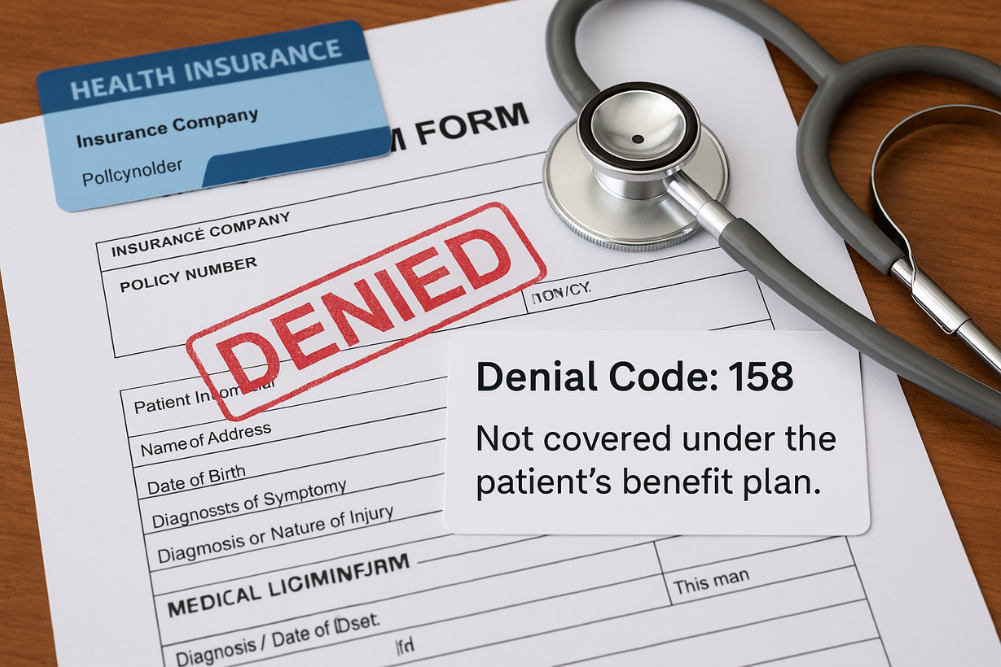MA111 Denials: The Hidden Costs of Missing Information
Claim denials can be a frustrating and costly challenge for healthcare providers, impacting cash flow and revenue cycle efficiency. One common denial code, MA111, occurs when crucial purchase price details or laboratory information are missing or incorrect. In this guide, we’ll break down the causes of MA111 denials and provide proven solutions to prevent them, […]
MA111 Denials: The Hidden Costs of Missing Information Read More »










